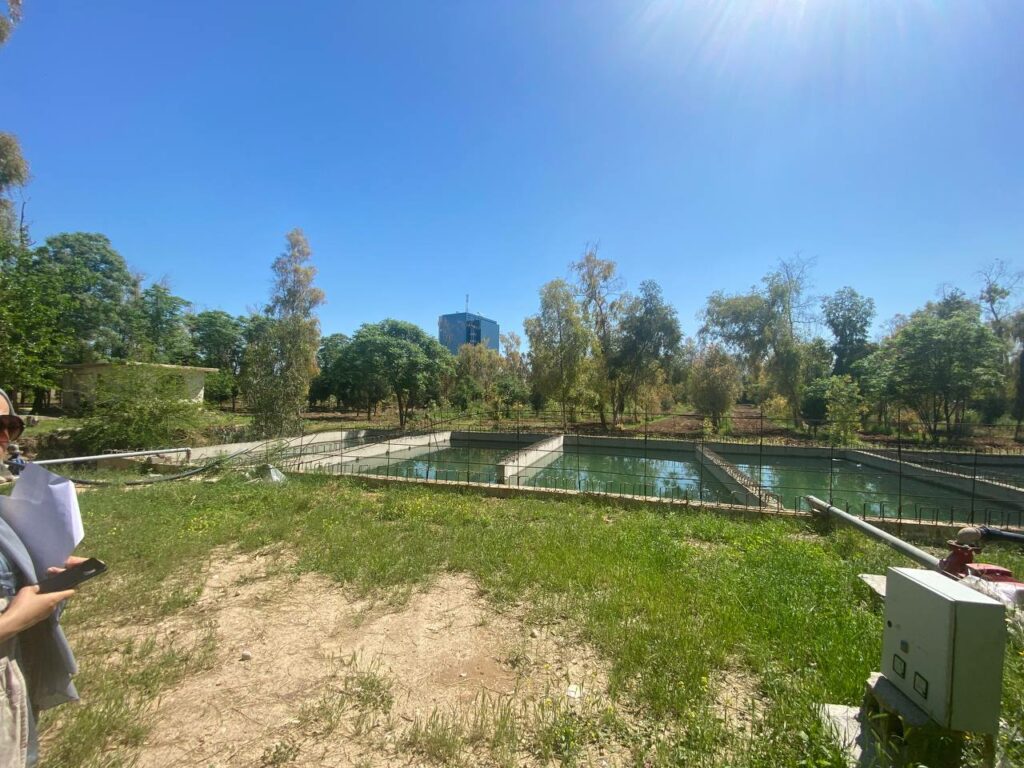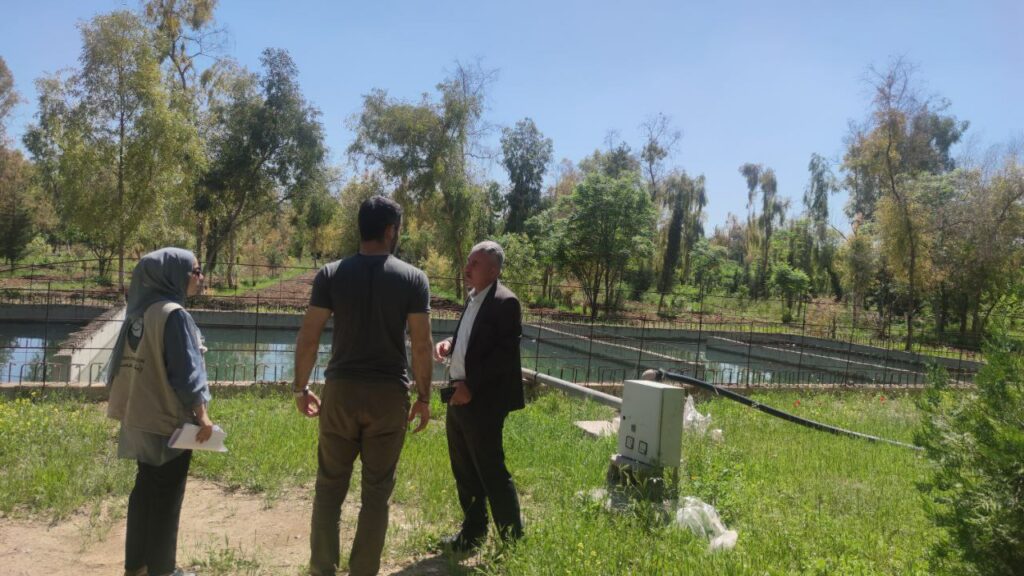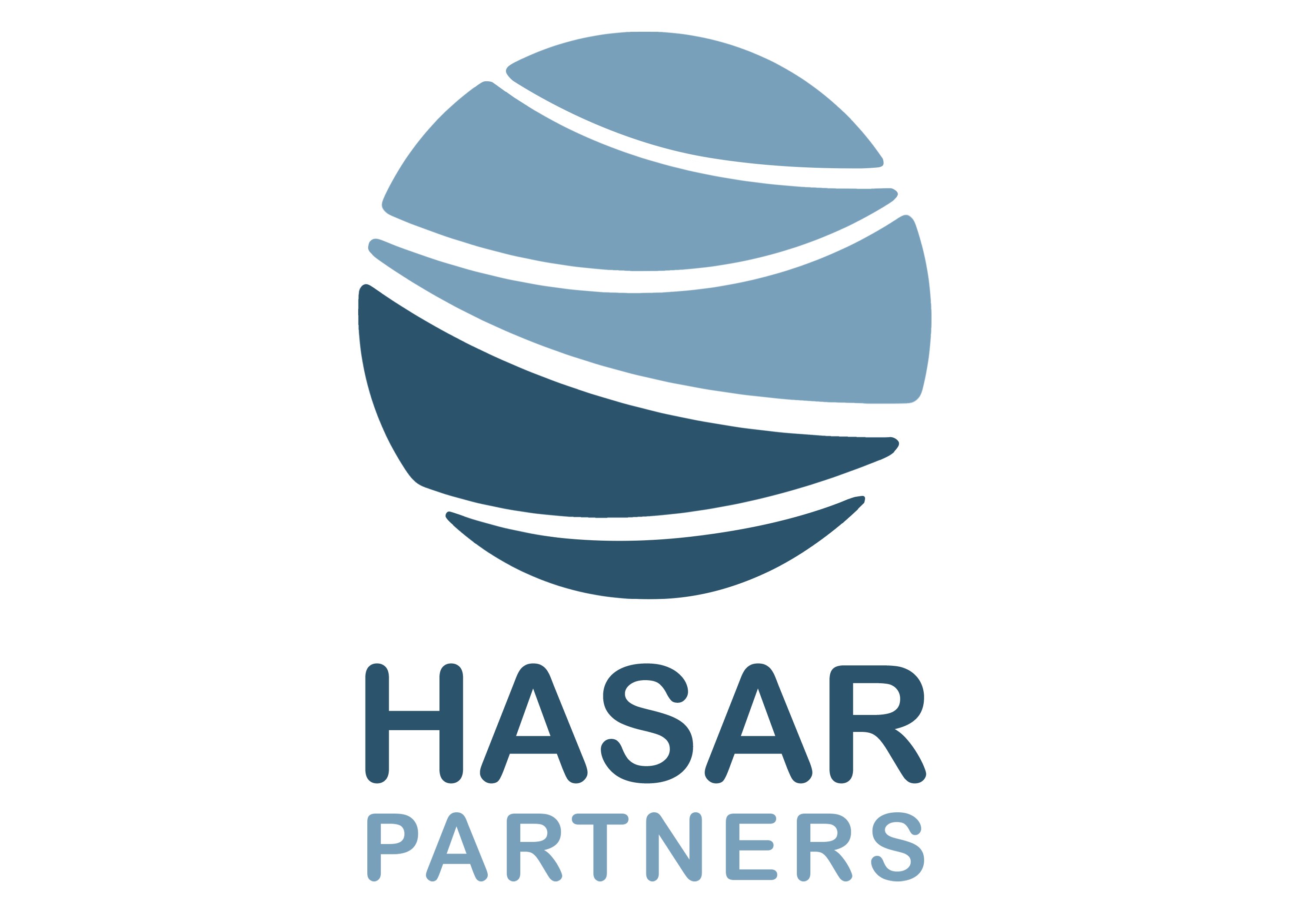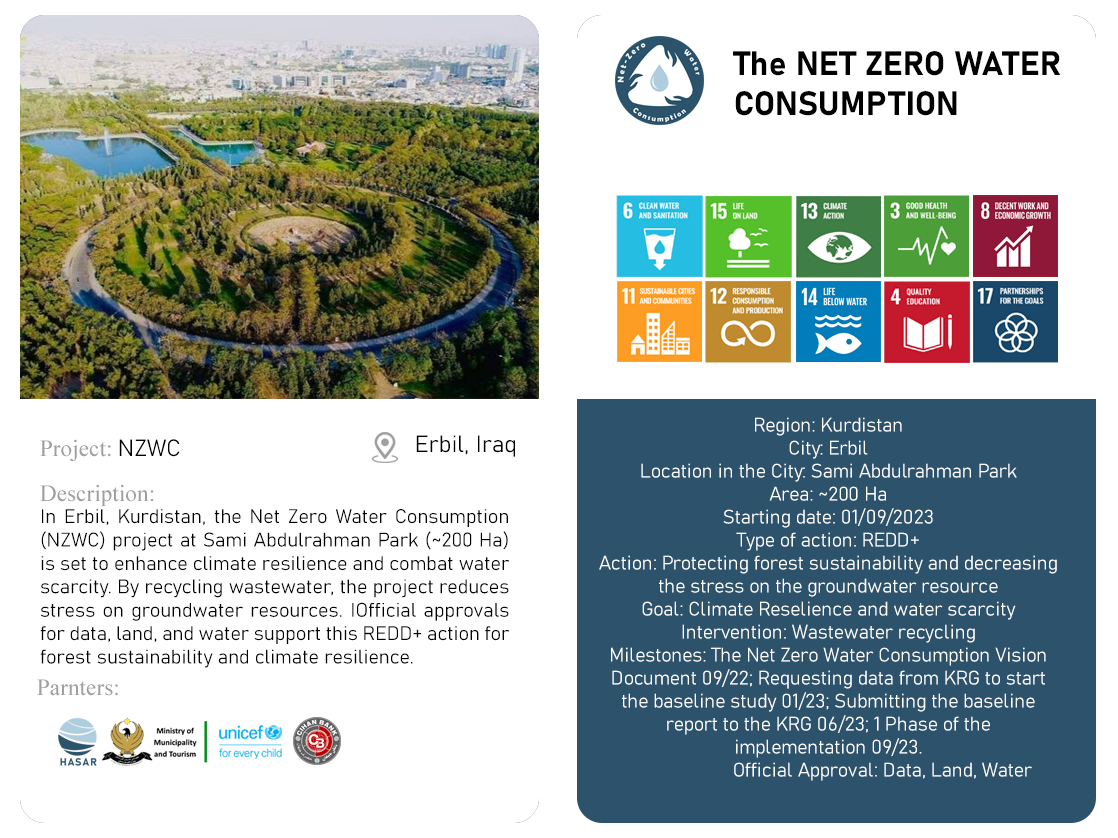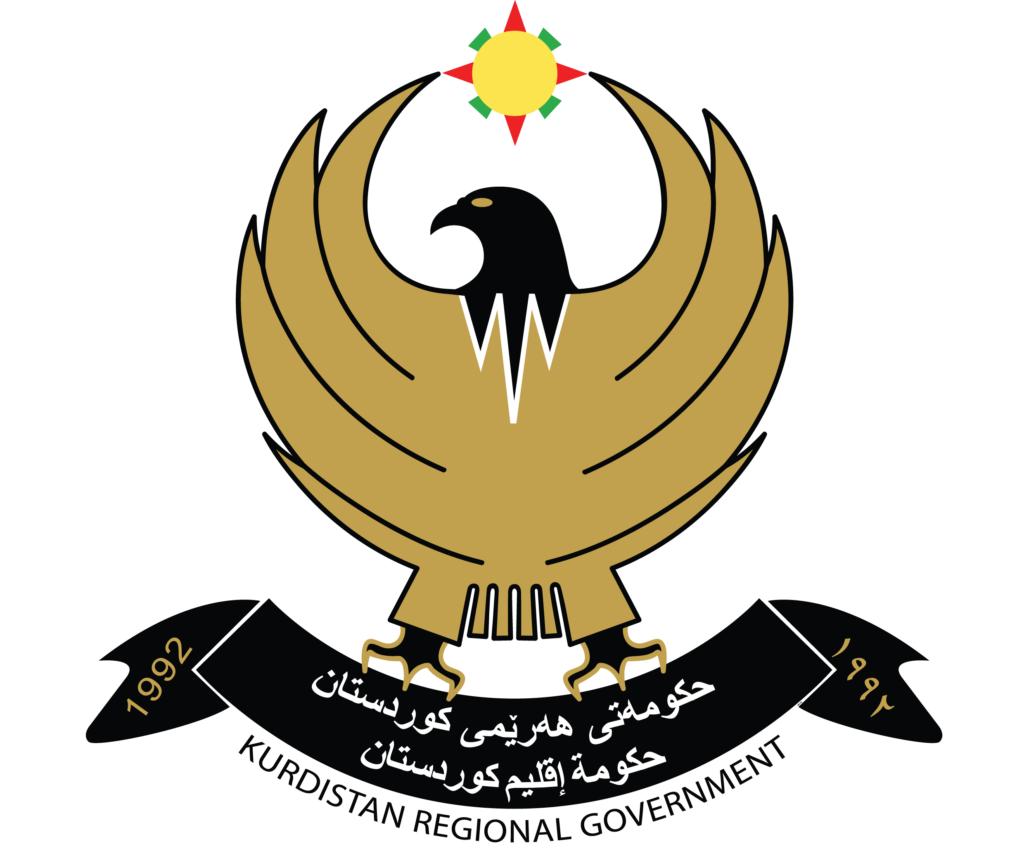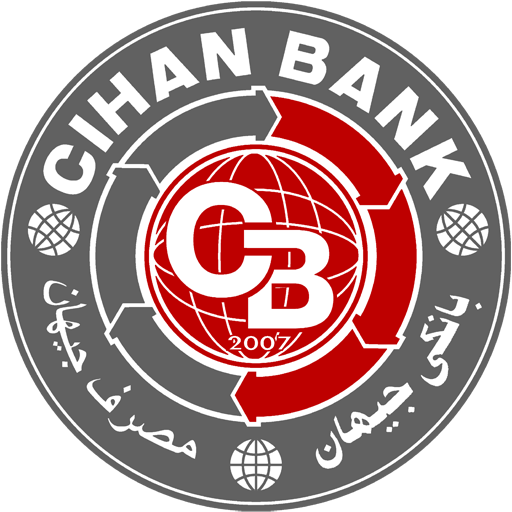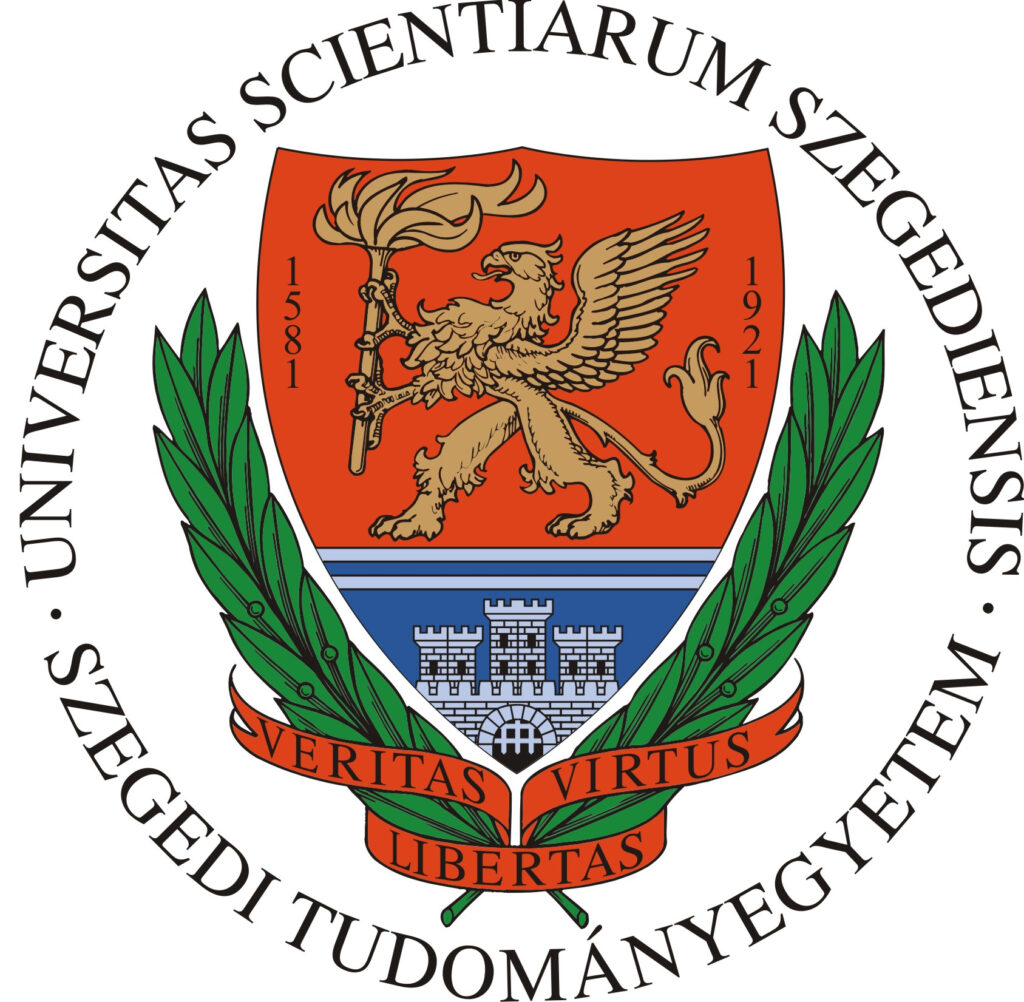The Net Zero Water Consumption (NZWC) project by Hasar Organization is not merely a solution to Erbil City’s plummeting groundwater levels, which saw about 300 wells dry up just in the summer of 2022. It’s a revolutionary blueprint for sustainable water management. Through a comprehensive approach that encompasses managed consumption, large-scale wastewater recycling, and aquifer recharge, we aim to achieve net-zero water consumption. In late 2022, we gained strategic academic validation from Hungary’s Szeged University and financial backing from Cihan Bank, fortifying our pathway toward realizing this audacious vision. Further bolstered by the Kurdistan Regional Government’s commitment to provide essential data for our baseline study in early 2023, we are setting the stage for long-term water sustainability in Erbil City. Importantly, our feasibility study has also revealed that the NZWC project can be perfectly implemented as the first REDD+ initiative at Sami Abdulrahman Park. This study emphasized the park’s current high energy and water consumption rates, revealing it as a microcosm of Erbil City’s larger energy and water challenges. By transforming it into a REDD+ initiative, not only do we resolve these issues, but we also make the park a showcase of scalable, sustainable water and energy management for other cities to emulate. With Hasar at the helm, Erbil City is on track to redefine water management by 2030, securing a sustainable water future for generations.
The main objectives of this project;
Engineer an innovative water budgeting system that efficiently allocates water resources across the park, thereby aiding in forest preservation and reducing water consumption.
Introduce cutting-edge surface and subsurface water storage solutions to bolster the park’s resilience, minimize the demand on groundwater resources, and contribute to existing forest preservation.
Lead in the deployment of next-generation wastewater recycling technologies, not only to minimize water waste but also to foster an ecosystem that can sustainably support the existing biodiversity, including the park’s forested areas.
Be the vanguard in legalizing a net zero water consumption policy that will serve as a regional benchmark, reducing emissions from the park and setting new sustainability standards for water and energy management in the region.
Why Did We Choose the REDD+ Approach for Sami Abdulrahman Park?
Sami Abdulrahman Park is not just an iconic landmark spanning over two million square meters in Erbil; it’s a crucial reservoir of local biodiversity and community well-being. The park’s survival is teetering on the edge due to its heavy reliance on groundwater from 20 wells, a situation further aggravated by annual water shortages and well depletion. Climate change looms as an impending exacerbator, with anticipated heatwaves and droughts poised to worsen the already critical water scarcity. The REDD+ approach in our Net Zero Water Consumption project offers a timely intervention, aligning perfectly with the park’s unique challenges. REDD+ not only helps in the reduction of emissions from the park but also aids in forest preservation and sustainable water management. By employing advanced modeling and simulation techniques, we aim to make the park a model for water and energy efficiency. This initiative is more than an environmental venture; it’s a commitment to preserve Sami Abdulrahman Park and protect its invaluable groundwater resources for future generations.


Why Did We Choose the REDD+ Approach for Sami Abdulrahman Park?
Sami Abdulrahman Park is not just an iconic landmark spanning over two million square meters in Erbil; it’s a crucial reservoir of local biodiversity and community well-being. The park’s survival is teetering on the edge due to its heavy reliance on groundwater from 20 wells, a situation further aggravated by annual water shortages and well depletion. Climate change looms as an impending exacerbator, with anticipated heatwaves and droughts poised to worsen the already critical water scarcity. The REDD+ approach in our Net Zero Water Consumption project offers a timely intervention, aligning perfectly with the park’s unique challenges. REDD+ not only helps in the reduction of emissions from the park but also aids in forest preservation and sustainable water management. By employing advanced modeling and simulation techniques, we aim to make the park a model for water and energy efficiency. This initiative is more than an environmental venture; it’s a commitment to preserve Sami Abdulrahman Park and protect its invaluable groundwater resources for future generations.
Road Map of the NZWC Project in Bullet Points:
2022: Hasar Organization forms an expert research team, including local scholars Hawkar Ali Abdulhaq and Sarkhel Hawre Mohammed, affiliated with universities such as Szeged and Miskolc.
Late 2022: Vision for the project finalized, setting an ambitious framework for environmental solutions.
Late 2022: Secured academic partnership with Szeged University via a Memorandum of Understanding (MoU).
Early 2023: Cihan Bank joins as a strategic partner, signaling commitment to sustainability and climate action.
Early 2023: Presentation to the Kurdistan Regional Government, highlighting the project’s potential impact.
2023: Commencement of a baseline groundwater study in Sami Abdulrahman Park, utilizing advanced simulation and modeling techniques.
2023: Implementation of alternative water resources in Sami Abdulrahman Park kicks off, aiming to set a standard for sustainable practices.
June 2023: Submission of a risk analysis-based Baseline study of Sami Abdulrahman Park.
August 2023: Hasar receives recognition for wastewater recycling for tree irrigation.
August 2023: Official green light received from authorities to initiate the Net Zero Water Consumption (NZWC) project.
